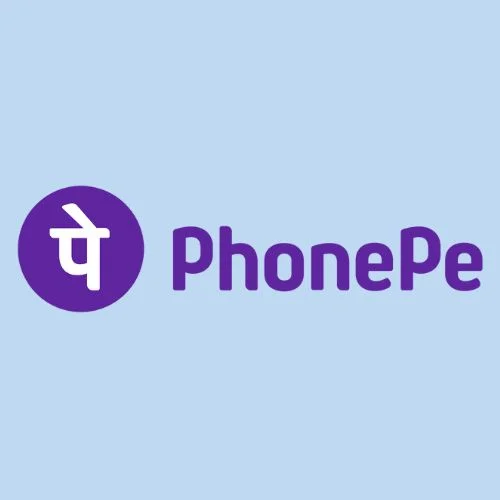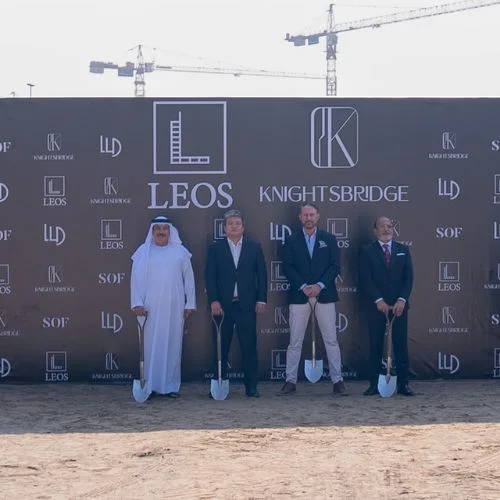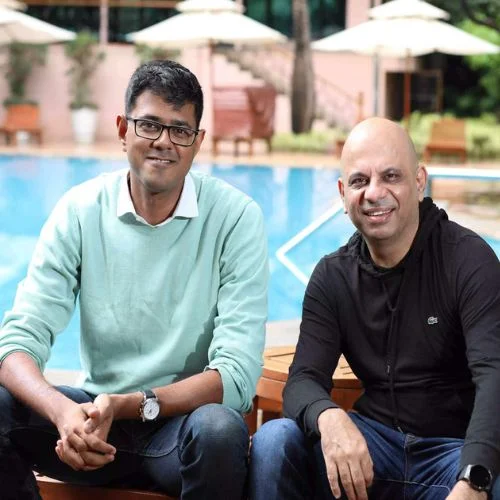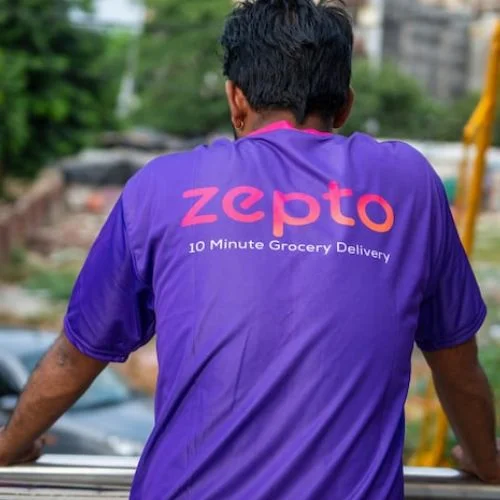Dubai Humanitarian, the world’s largest humanitarian hub, and Heriot-Watt University Dubai have entered into a strategic partnership agreement regarding capacity building and nurturing innovation in the arena of humanitarian quarters. This partnership is the promotion of interests in sustainable development and education through quality.
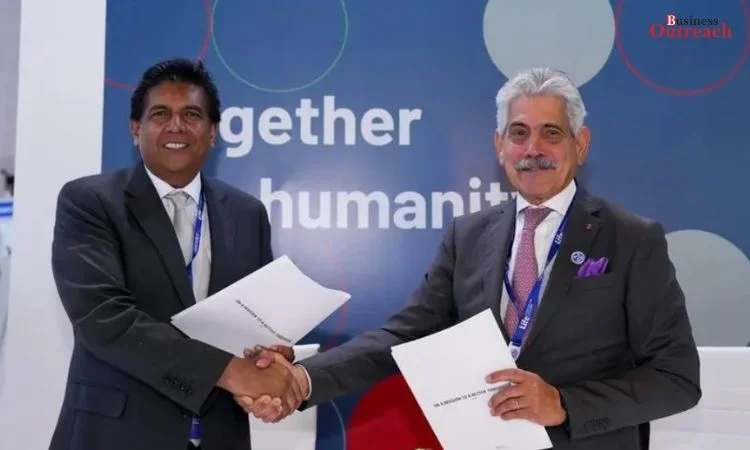
PC: Zawya
Objectives of this partnership include:
1. Internship and training opportunities
Students from Heriot-Watt University Dubai can also be further involved through practical or internship programs at the Dubai Humanitarian. Such initiatives will promote real work experience to students and further polish their skills within an active humanitarian environment.
2. Knowledge Sharing and Educational Trips
Such knowledge-sharing initiatives could take the form of educational visits with a knowledge base on the current trends and good practices in the humanitarian sector for students and faculty. Experiences are also intended to broaden views and deepen understanding.
3. Joint Research and Collaborative Projects
The two institutions will engage in research projects into sustainable packaging approaches and any innovative solutions therewith. With collaborative efforts, they will aim to provide answers to some of the most pressing humanitarian aid challenges by utilising advanced research and development.
4. Hosting and Organising Events
The partnership would promote collaboration in the hosting of academic conferences, forums, site visits, seminars, and symposiums among other events. Events of this nature would normally be crucial in the sharing of knowledge, stimulating discussion, and enhancing innovation in humanitarian practice.
Key Programs: Packaging for Sustainability Programme
One of the key initiatives that have seen the light of day from this partnership is the coming of the Packaging for Sustainability Programme. This program works to involve stakeholders in the creation of new, more improved packaging that is sustainable and popularised the new, more ecologically favourable solutions.
Key components include:
Packaging for Sustainability Symposium
This annual symposium takes place on 21 October 2024 and involves in excess of 100 experts who gather together to deliberate on and support sustainable packaging. It therefore remains a venue for the sharing of ideas and pushing forward new creative solutions in packaging.
Design Competition
The Design Competition, which will run from June to October 2024, tasks students with coming up with practical solutions to help minimise the environmental impact of packaging. A winning team will be required to present its solution at COP29 in Azerbaijan, putting ingenuity on a global stage.
Expected Outputs
The Dubai Humanitarian and Heriot-Watt University Dubai partnership is envisioned to be impactful in the following ways:
Innovative Packaging Solutions
Research-driven, collaborative developments in sustainable packaging solutions that reduce the impact on the environment are further advanced by student-run initiatives.
Sensitization and Awareness
The stakeholders will be better informed and educated with respect to practical sustainability. This also cultivates a culture of environmental responsibility among them.
Long-term Collaborations
The formation of solid, working relationships between academia and enterprises that are leaders in their respective sectors, as well as major humanitarian organisations, can offer a channel for continued long-term positive impact in the sector.
Leadership Development
Experiential learning opportunities for the development of a new generation of environmental leaders mentored by industry veterans.
About Dubai Humanitarian
The Dubai Humanitarian City was initiated in 2003 by HH Sheikh Mohammed bin Rashid Al Maktoum. This independent, non-profit humanitarian free-zone Authority hosts a vibrant community of about 80 members among UN organisations, NGOs, and commercial entities committed to promoting global humanitarian efforts.
The Dubai Humanitarian and Heriot-Watt University Dubai partnership, therefore, is an important relationship between two entities that share the ideals of changing things for the better in the humanitarian sector. Sharing their experience, resources, and education, both institutions shall make significant contributions toward the attainment of the sustainable development goals while empowering the future leaders in humanitarian aid.









